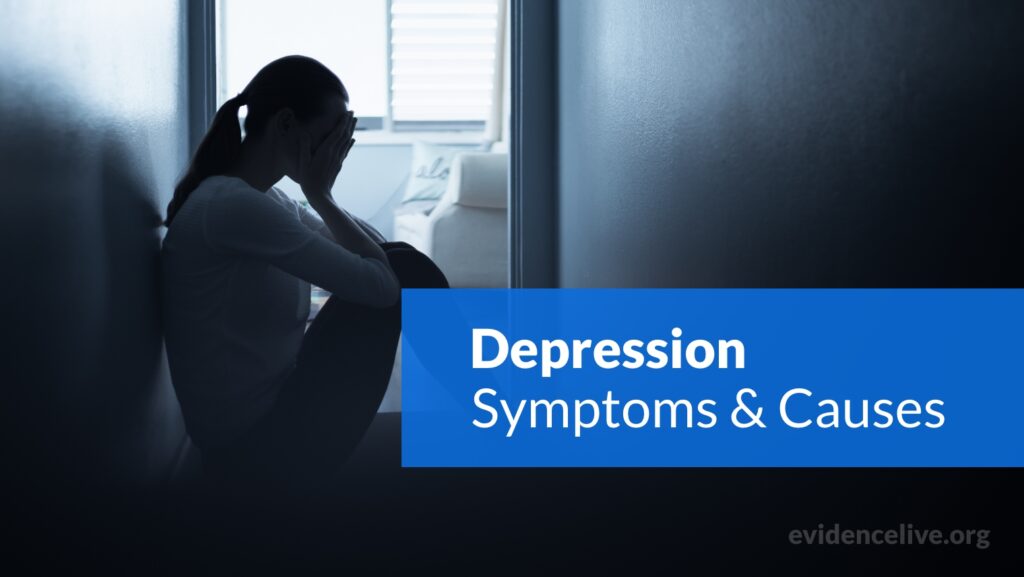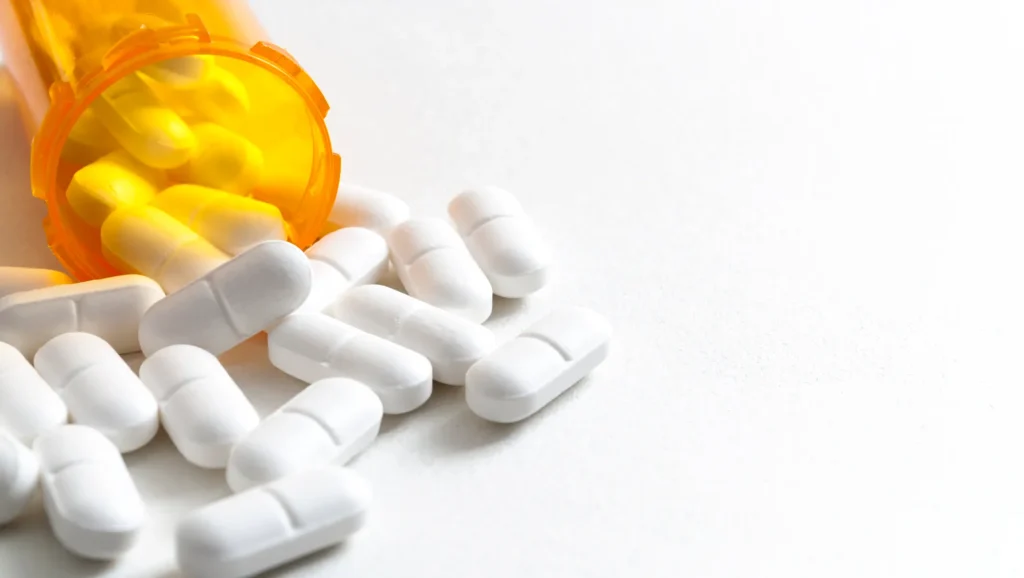Low 5-hydroxytryptamine} levels within the brain are normally thought to cause depression. however science shows the neurotransmitter has very little to try to to with it. What gives?

You’ve in all probability detected concerning the chemical imbalance theory of depression. It states that depression is caused by low levels of the neurotransmitter serotonin, conjointly referred to as 5-HT, in the brain. There are even memes about it.
the idea originates from the 1960s, once doctors used medications equivalent to Iproniazid mood enhancers, that they believed worked by increasing serotonin concentrations in the brain.
conjointly READ: Tips to deal with depression
Since then, the thought stuck as a straightforward clarification for depression, Associate in Nursingd one with an beautifully simple treatment: taking SSRIs (selective 5-hydroxytryptamine re-uptake inhibitors) equivalent to selective-serotonin reuptake inhibitor to spice up serotonin levels.
consultants have renowned for an extended time that this theory is an oversimplification.
5-hydroxytryptamine not concerned in depression
Now, a replacement major review goes even further, terminal that there’s “no clear proof” that low serotonin levels cause depression.
The study, that gathered evidence from 361 peer-reviewed scientific studies, found no link between depression and 5-hydroxytryptamine levels within the blood. Similarly, the research workers behind it found no variations in serotonin receptors or transporters in the brains of individuals with depression compared to brains of people while not depression.
“Depression has scores of totally different symptoms, and that i don’t suppose I’ve met any serious scientists or medical specialists who think that each one causes of depression are caused by a straightforward chemical imbalance in serotonin,” aforesaid Michael Bloomfield, authority psychiatrist and researcher at University school London, who wasn’t concerned in the study.

tho’ consultants weren’t shocked that depression isn’t solely caused by low 5-hydroxytryptamine levels, several didn’t consider the conclusion that serotonin has no role in depression at all.
“What remains attainable is that, thereforeme|for a few} individuals with bound styles of depression, that changes within the serotonin system could also be tributary to their symptoms,” Leonard Bloomfield said. “The drawback with this review is that it’s lumped along depression as if it’s one disorder, which, from a biological perspective, doesn’t create any sense.”
Antidepressants not so effective at treating depression?
The study goes on to counsel that antidepressant drug antidepressants such as Prozac, that work by interference 5-hydroxytryptamine re-uptake within the brain, shouldn’t be wont to treat depression.
The study points to analysis that found that antidepressants aren’t terribly effective at treating depression, significantly in those with moderate or less-severe depression. The authors counsel that belief in the chemical imbalance theory might discourage people from stopping treatment, probably resulting in long dependence on these drugs.
David Curtis, unearned prof at UCL genetic science Institute in the UK, challenged this conclusion, speech communication it’s vital that individuals with severe depression are not discouraged from receiving acceptable treatments.
“It is incredibly clear that individuals full of depressive sickness do have some abnormality of brain function, albeit we have a tendency to don’t nonetheless understand what this is, which antidepressants are effective treatments for severe depression,” Curtis said.
What causes depression?
If, because the new study claims, 5-hydroxytryptamine isn’t connected with depression, what causes it? The meta study offers no various explanation, however consultants say depression may be a complicated condition with multiple causes.
Unsurprisingly, negative life events, and the way we affect them, have an enormous impact on depression. Stress is understood to be a significant trigger.
“Life events have an enormous impact on depression,” Patricia Fonseca, medical specialist at the Max-Planck-Insitut for psychopathology in Munich, Germany, told DW. “But a vital reality is additionally the influence of genetic factors. By having a special genetic predisposition, distressing life events will trigger the onset of depression.”
Current theories have affected on from explanations of single neurotransmitters equivalent to serotonin. Instead, they concentrate on however depression changes complicated networks within the brain that method emotions and stress.
Theories involve key roles of regions in the brain equivalent to the amygdaloid nucleus and anterior cortex. Emotions are processed within the amygdala, that are then assessed for that means in the prefrontal cortex. analysis shows that individuals with depression have reduced amygdala volume, and reduced property between the amygdala and therefore the cortex.
consultants counsel that depression is caused by the cortex additional negatively evaluative emotions, significantly those triggered by events connected with dangerous memories.

Chronic stress will have additional impact on these networks, poignant the brain’ ability to adapt to nerve-racking situations. In turn, this causes antecedent vulnerabilities to manifest.
New ways that to treat depression look more practical
With the mixed effectiveness of antidepressants, scientists are keen to spot new ways to treat depression.
there’s increasing proof for the advantages of psychotropic medicine equivalent to club drug and hallucinogen mushrooms in treating depression. A recent studyfound that psilocybin was more effective than the medicine escitalopram.
Brain-imaging studies have found that these drugs facilitate increase property within the brain. The thinking is that the substances help individuals to reuse previous emotions in a very new light, whereas conjointly rewiring the brain to reduce depressive tendencies.
Fonseca conjointly stressed the effectiveness of nonpharmacological treatments in treating depression.
“I suppose we have a tendency to should work on depression interference with skills like mindfulness, acceptance and reducing stress,” Fonseca said. “This may embrace psychotherapy, wherever individuals aim to handle stress and depression a lot of better.”
In therapy, Fonseca said, people have time to seek out out triggers of depression. they’ll study their illness and, rather than falling into a helpless situation, be sceptred to alter tough life events.





















































You must be logged in to post a comment Login